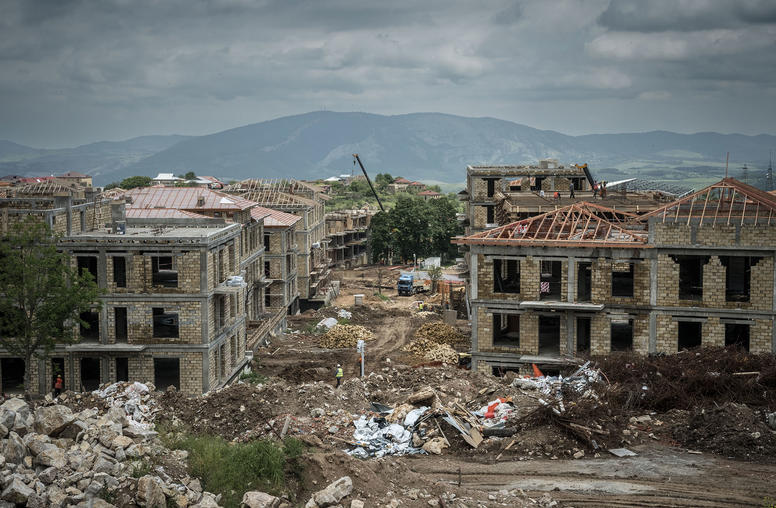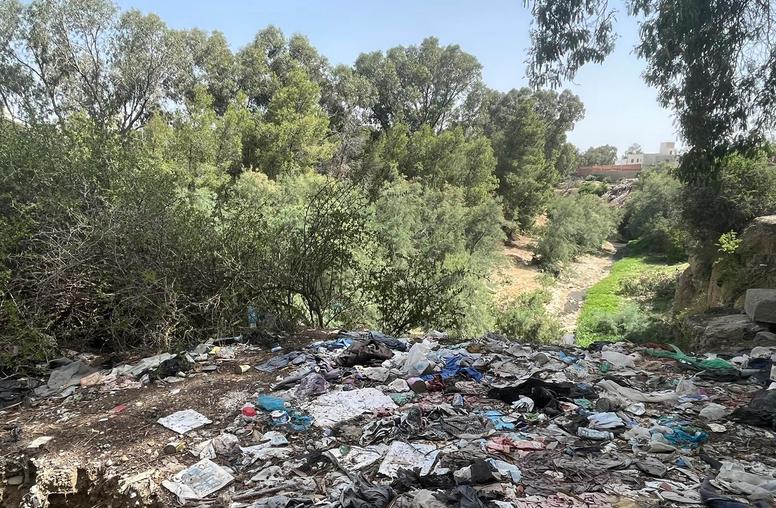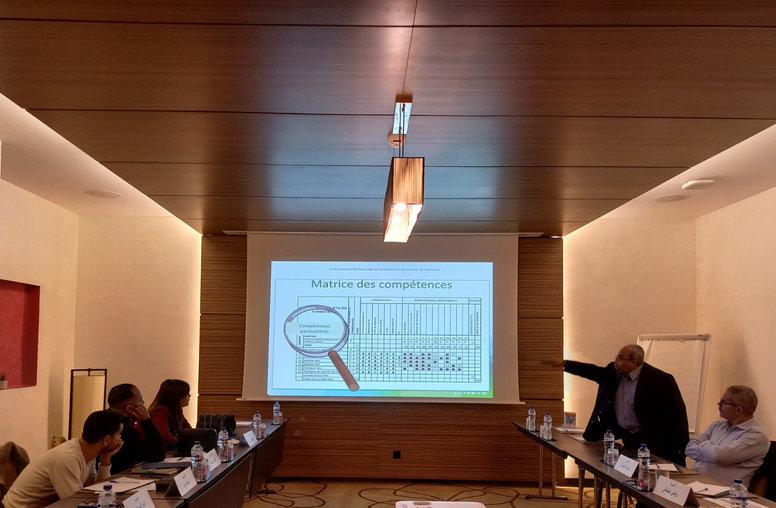 Democracy & Governance
Democracy & Governance
Democracy embodies responsive and responsible governance, rule of law, human rights, civic participation and peaceful transfers of power through electoral processes. Each of these underpins a peaceful and stable society. The U.S. Institute of Peace teaches democratic principles and democratization processes and techniques that are critical to both peacebuilding and effective governance. USIP seeks to strengthen governance by supporting inclusive, accountable institutions and a robust civil society. These in turn uphold human rights, justice and the rule of law, and promote public participation in social and political processes.
Featured Publications

For Peace in Africa, Boost Regional Blocs — Like West Africa’s ECOWAS
As the United States and international partners work to stabilize Africa’s Sahel region — and to prevent its warfare, violent extremism and armed coups from metastasizing into Africa’s densely populous and strategic Atlantic coast — the West African multinational bloc, ECOWAS, has proven its value in resolving crises and promoting stability. Yet, as global security threats have evolved, ECOWAS, like other multinational bodies, needs updated capacities to meet new challenges. International democracies’ most effective initiative to support West Africa’s stability would be to partner with West Africans to strengthen their vital regional community. A similar strategy is valid across Africa.

Sometimes the Good Guys Win: Guatemala's Kleptocracy Fights Back
Last year was a pivotal moment for Guatemala’s democracy. Longshot candidate Bernardo Arévalo rode popular anti-corruption fervor into a shocking second place finish in the first-round presidential polls, ultimately winning the presidency in the runoff. Since Guatemala transitioned to a democracy in the mid-1980s, the country has been wracked by increasingly pervasive corruption, perpetrated and perpetuated by venal elites.

To Help Stabilize West Africa, Bolster a Key Partner: Nigeria
Continued violence in West Africa is sharpening America’s critical challenge to reduce extremism and violence, particularly in the Sahel. Violent deaths in three western Sahel nations surged by 38% last year and Niger’s coup has complicated the U.S. military role in the region. The violence is likely to spread further this year into coastal West Africa, a region five times more populous, with commensurately greater security implications for Africa, the United States and the world. A vital partner in stabilizing both regions is Nigeria, and U.S. institutions should consider several priorities for helping it do so.
Current Projects

Peacemaking in a Turbulent World: Lessons from Intrastate and Interstate Conflicts
Peacemaking in a Turbulent World answers the following central question: What lessons for effective management of intrastate conflicts emerged from the post-Cold War period that are relevant for managing contemporary conflicts which include intrastate, internationalized (featuring direct engagement by outside powers), and interstate conflicts?

Local Solutions for Tunisia’s Environmental Crises
In partnership with USAID, USIP is embarking on an innovative, experimental project that will support Tunisia’s local governments and civil society as they co-develop and implement solutions to environmental governance challenges that are exacerbating fragility and heighten ing exposure to climate shocks.

Tunisia Security Sector Training Reform
Since 2016, USIP and the Tunisian Ministry of Interior have been working in close partnership to collaboratively build a robust public-service oriented policing model in alignment with democratic norms and national and international standards. As part of these endeavors, with support from the Bureau of International Narcotics and Law Enforcement Affairs, USIP and the Tunisian National Guard launched a three-phased initiative to reconceptualize their training system, reinvigorating ongoing efforts to improve operational capacity in the field while upholding core values of accountability, transparency and human dignity.